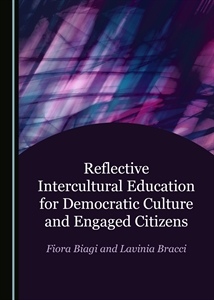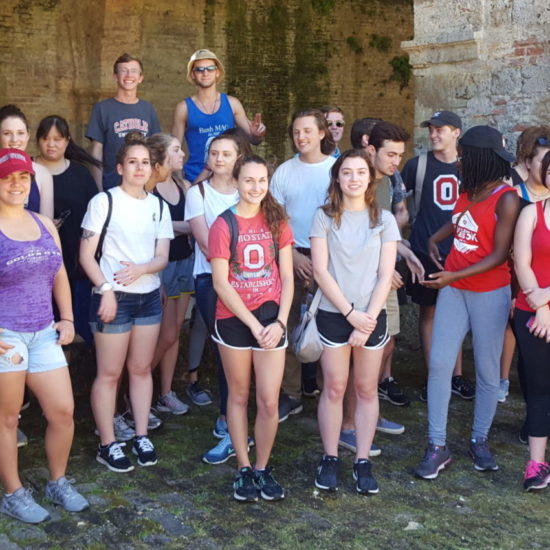DiCE.Lang – Digital Citizenship Education and Foreign Language Learning
 SIS Intercultural Study Abroad is proud to announce its participation as a partner for this innovative and crucial project given the times in which we are living. The following partners will work alongside SIS towards the completion of the project:
SIS Intercultural Study Abroad is proud to announce its participation as a partner for this innovative and crucial project given the times in which we are living. The following partners will work alongside SIS towards the completion of the project:
LUDWIG-MAXIMILIANS-UNIVERSITAET MUENCHEN (DE)
UNIVERSITY OF LIMERICK (IE)
LATVIJAS UNIVERSITATE (LV)
UNIVERSIDADE DE AVEIRO (PT)
About the project
DiCE.Lang – Digital Citizenship Education and Foreign Language Learning is a transnational European project aiming to strengthen the profile of Digital Citizenship Education vis-à- vis Foreign Language Education. Digital Citizenship Education (DCE) has emerged as a supranational priority, as has been strongly affirmed through recommendations issued by the Council of Europe. This educational initiative seeks to empower younger citizens to participate actively and responsibly in a digital society and to foster their skills of using digital technologies effectively and critically. In order to facilitate the implementation of DCE in schools and in curricula across Europe, subject specific adaptations are required which, at moment, are still lacking – despite being explicitly called for in available DCE publications published by the CoE. This would include a thorough adaptation of DCE principles and objectives into foreign language education (FLE) – a field at the heart of a unified vision of European education that involves the fostering of foreign language competencies needed for intercultural communication, mutual exchanges and civic action.
Against this backdrop, this three-year Erasmus+ KA203 project aims at modeling the specific perspectives of FLE into available European initiatives of DCE. This entails: – the foreign language component necessary for digital citizens to communicate in the digital world,
– an intercultural perspective to initiate cultural exchanges in digital environments,
– an identity component to strengthen learners’ personalities with respect to their online lives,
– a content perspective by relating current themes to digital transformations (e.g. migration or sustainability), – a critical component for reflecting on the increasing digital transformation of society.




